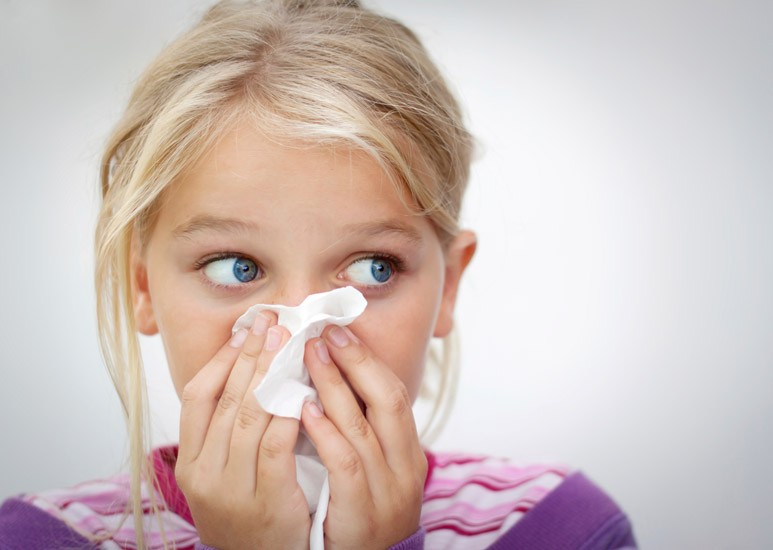The Centers for Disease Control and Prevention announced that due to a mutation, this year's flu vaccine is only about 20 percent effective in protecting against the strain of the flu most individuals have been experiencing.
We asked Dr. Aaron Carlisle, family medicine physician at Community Physician Network, to explain what it means when a virus mutates and whether or not you should still get vaccinated.
What is the flu?
Influenza is a respiratory illness caused by a number of different viruses that infect the nose, throat and lungs. It is spread through droplets made when you sneeze or cough. Symptoms include, fever, cough, sore throat, body aches, headache and fatigue.
Flu season generally runs from October through March and tends to peak in February.
Who is at risk for getting the flu?
Everyone is at risk for getting the flu; however, individuals who have an increased risk of being hospitalized or dying from the flu are those over the age of 65 and those under age five.
Other conditions that put you at high risk for complications (hospitalization or death) from the flu include, lung disease, diabetes, heart disease, obesity and any condition that compromises the immune system.
What does it mean when a virus mutates?
Viruses, like the flu, can “drift” or “shift”.
Each time a virus replicates it mutates or changes a little - this is called drifting. When this happens it can cause the immune system not to recognize the virus as well. However, the body is still able to have a cross-reactivity to the new viral appearance and fight against the virus.
But as a virus drifts further away from the original viral strain they can form into an unrecognizable form. This is why flu vaccines are updated each year.
A shift occurs with an abrupt major change happens to a virus, leaving it unrecognizable to the immune system. This is what happened in 2009 when the H1N1 virus outbreak occurred.
Will my flu shot work this year?
According to the CDC, this year’s vaccine covers two strains of Influenza A (H1N1 and H3N2) and one or two strains of Influenza B, depending on the shot.
Influenza A can change by both drift and shift, while Influenza B tends to change more slowly by drift. This year, the H3N2 strain has drifted/mutated.
Although H3N2 virus has mutated, the vaccine still is partially effective against the strain. Not to mention, it fully protects against the other strains covered in the vaccine.
So, should I get the shot?
Yes, simply put, the number one way to prevent influenza is through yearly immunization. For more information visit the CDC website or contact your physician.
Protect yourself against the flu.
Besides getting the flu shot it is important to prevent the spread of germs. Frequent hand washing and hand sanitizer use are critical, as well as cleaning surfaces that may harbor germs (keyboards, door handles, etc.). Always avoid coughing or sneezing into your hands and stay away from people who are infected with the flu.
